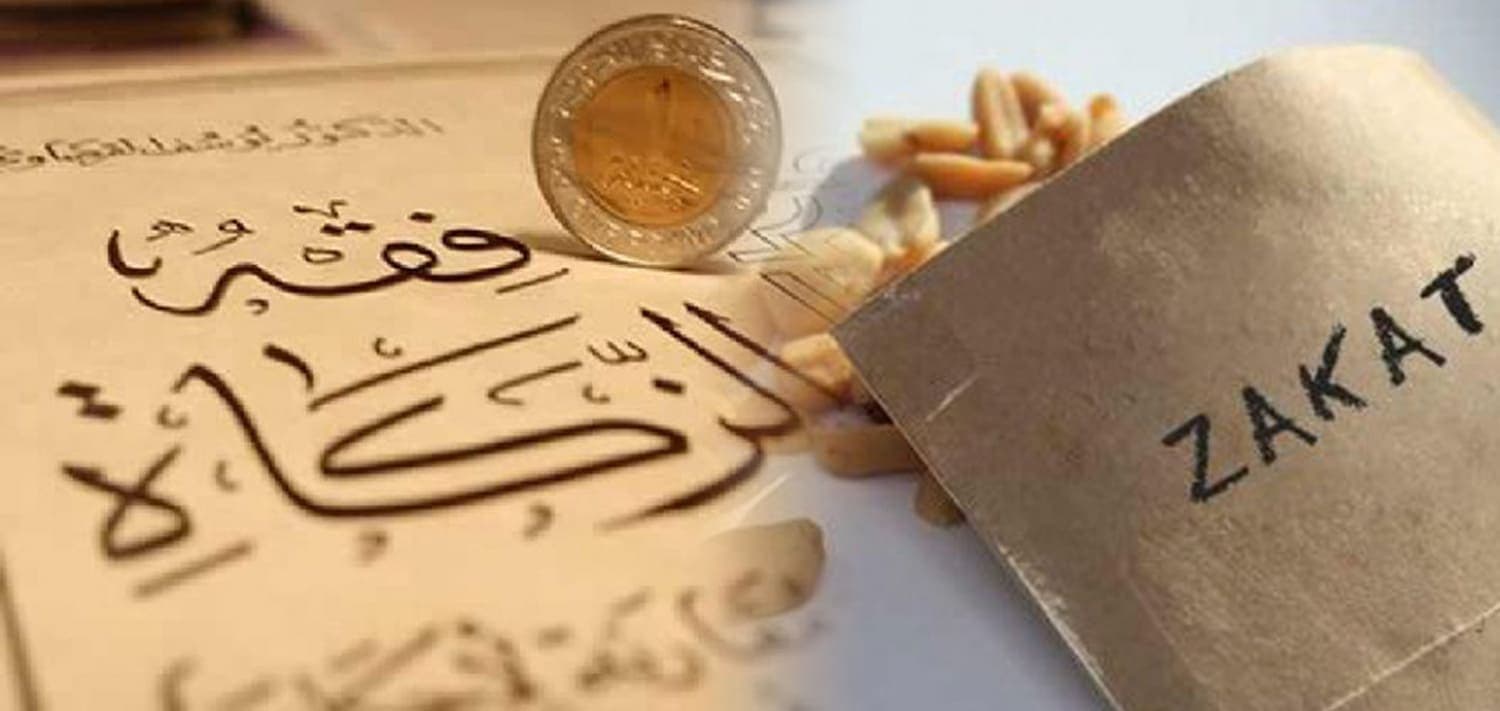What is Zakat?

Every year, especially during the month of Ramadan, Muslims in large numbers around the world pay a compulsory financial contribution called Zakat, whose root in Arabic means "purity". Zakat is therefore seen as a way to cleanse and purify income and wealth of what may sometimes be worldly and impure means of acquisition, in order to obtain the blessing of God. Being one of the five pillars of Islam, the Quran and hadiths give detailed instructions on how and when this obligation should be fulfilled by Muslims.
What exactly is zakat?
Zakat is the third pillar of Islam. This is a compulsory alms representing 2,5% of a Muslim's wealth over a year. It is meant to purify our wealth to uplift us spiritually. It purifies our heart against selfishness and guarantees the poor of society protection against hunger and poverty.
One of the popular misconceptions is that Zakat is a kind of tax, but it is actually a spiritual obligation for which we will have to answer. It plays a key role in helping the poorest by providing them with enough to live on and helping them to get out of poverty.

Get 200% Bonus after your first deposit. Use this promo code: argent2035
On what items should Zakat be paid?
Zakat is paid on certain types of agricultural products, livestock, commercial goods, monetary wealth, and other less common categories. It applies to wealth of all kinds, to livestock of all kinds, and to the production of goods and products of all forms. However, means of production, personal items of daily use and a fixed minimum amount called Nisab are exempt from payment of Zakat. Zakat becomes obligatory when we reach the Nisab of any of these categories and keep it for a lunar year.
Article to read: How to effectively manage a sales team?
Some examples of Zakat-eligible assets include savings, stocks, cash, investment property, business income, or precious metals, such as gold.
Who has to pay Zakat?
Any Muslim who has more wealth than the Nisab, a minimum amount that a Muslim must have before being forced to pay Zakat, is responsible for paying Zakat. The Nisab is generally considered the cash equivalent of 3 ounces -87,48 grams- of gold or 21 ounces -612,36 grams- of silver.
Care should be taken to use the latest gold and silver rates as their rate fluctuates frequently in the market. In some countries, the religious authorities set this amount directly in the country's currency.
Article to read: What are the fundamental principles of Islamic Finance?
The person will be obligated to pay Zakat, provided the wealth has been in their possession for at least one lunar year, counting from the day it was first obtained. The Nisab for agricultural products is fixed at 5 wasaqs (about 653 kg) and the Nisab for cattle is fixed at 30 cows and 40 goats.
Zakat rate
Zakat means a tax of 2,5% on wealth, 5% on all items produced by the interaction of labor and capital, 10% on the item produced by a basic factor of production which is only labor or only capital and 20% on money or products whose obtaining does not require labor or capital, but is a gift from God. Here is how Zakat is collected on livestock:
Cows : A one-year-old calf for thirty cows and a two-year-old calf for 40.
Goats: From 40 to 120: a goat. From 121 to 200: two goats. From 201 to 300: three goats. Then for 100 more: a goat.
How is Zakat collected?
The traditional way, and the practice in the time of the Prophet, peace be upon him, is that the collection and distribution of Zakat is the responsibility of the person in authority among Muslims in a community. This, in turn, appoints people who are trusted and knowledgeable about Zakat regulations to collect and distribute it.

Get 200% Bonus after your first deposit. Use this promo code: argent2035
Although today, in many places, said authority does not exist or does not have the competence to collect and distribute it and other institutions and organizations take its place, which is feasible, it is necessary to clarify that, according to Fiqh, the collection and distribution, Zakat is a responsibility of the leader of a community because it has an important socio-political component.
How is zakat distributed?
Zakat must be distributed first in the locality where it is collected to one of the categories that can receive it and it is the power of the person in authority or those he delegates to decide which categories have need the most attention, as long as they are within the stipulated parameters.
Article to read: Why is company staff training important?
People who fall into the categories that can receive Zakat can ask the organizations or people responsible for distributing it to give it to them, and those same organizations and people can distribute it to people in need without their asking.
Who can receive Zakat?
The Quran categorically mentions eight categories of people who can receive Zakat in the following verse:
“Verily, almsgiving is for the poor and the needy, for those who are responsible for collecting it and for those whose hearts it wishes to attract, for free slaves, for the indebted, for the cause of God and for the traveler. It is an obligatory provision coming from God and God knows everything, he is wise”. (9:60)
Those who cannot receive Zakat are:
- The rich
- The poor who are strong and able to work, but who don't want to.
- Apostates and disbelievers who actively fight against Islam.
- The family of the Prophet (peace_be_upon_him).
- The descendants of the Zakat giver (children, grandchildren, etc.)
- The ancestors of the person giving it (parents, grandparents, etc.)













Leave comments